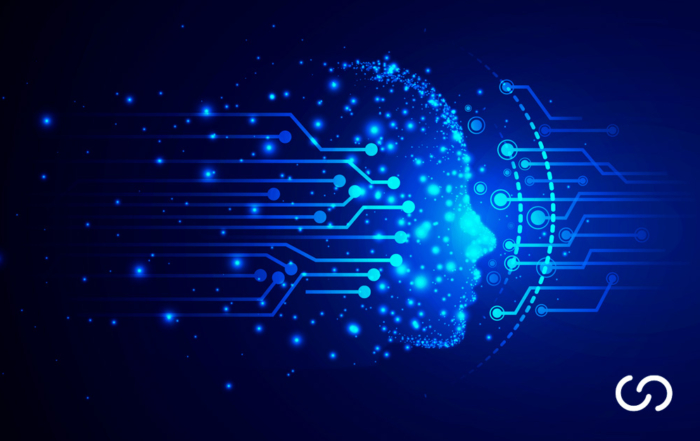The importance of adapting company data models for future growth through the use of Artificial Intelligence (AI)
To understand a bit about what this article is about, let’s start with the basics: what is AI, what we study when we talk about AI, its history, and what may be on the horizon. Once we have all of this assimilated, we will understand why companies must adapt to allow AI to do its job efficiently.
Understanding Artificial Intelligence (AI)
Artificial intelligence (AI) is a branch of computer science that focuses on creating systems capable of performing tasks that require human intelligence, such as learning, perception, reasoning, and decision-making.
The history of AI dates back to the 1950s when researchers began exploring the possibility of creating machines that could think and learn like humans. Over the decades, AI has experienced significant advances, including the development of machine learning algorithms and deep neural networks. Today, AI is used in a wide variety of applications, from fraud detection and healthcare to autonomous driving and content creation.
Machine learning algorithms and deep neural networks have proven to be particularly effective in tasks such as image classification and natural language processing. As AI continues to advance, it is expected to have an increasingly significant impact on society and the economy. AI is expected to have a significant impact on the industry, including process automation and the creation of new products and services. It is also expected to impact the workforce, with jobs that were once performed by humans being automated.
Now that we have the context, let’s get to what concerns us: adaptation.
The Importance of Adaptation
It is important for companies to start adapting their data models to enable future growth through the use of AI. Here are some examples of how to carry out this process:
- Collection and storage of high-quality data: Companies must ensure they collect and store high-quality data that is relevant and accurate for AI use. This involves implementing efficient data collection systems and establishing policies and procedures to ensure data quality and integrity.
- Implementation of data analytics systems: Companies must implement data analytics systems capable of processing and analyzing large amounts of data efficiently. This involves using AI tools and technologies such as machine learning algorithms and neural networks to extract valuable insights from data.
- Employee training: Companies should train their employees to work with AI systems and understand how to use data effectively. This involves providing training in data analysis, machine learning, and other AI-related skills.
- Data privacy and security policies and procedures: Companies must establish policies and procedures to ensure the privacy and security of data used in AI. This includes complying with data protection regulations and implementing appropriate security measures to protect data from unauthorized access.
Benefits of Adaptation
And if you’re wondering why, as a business owner, you should invest in acquiring these capabilities, here are some reasons:
- Improved decision-making: By adapting data models for AI use, companies can harness the power of machine learning and data analysis to make more informed and accurate decisions. AI algorithms can analyze large amounts of data in real-time and provide valuable insights that can help companies identify patterns, trends, and opportunities that might otherwise go unnoticed.
- Task automation: AI can automate repetitive and tedious tasks, allowing employees to focus on more strategic and higher-value tasks. By adapting data models for AI, companies can implement systems that automatically perform tasks such as data classification, fraud detection, and customer service, improving efficiency and reducing operating costs.
- Personalization and customer experience: AI can help companies offer personalized experiences tailored to individual customer needs and preferences. By adapting data models for AI, companies can collect and analyze customer data, enabling them to provide personalized recommendations, quick responses, and customized solutions. This enhances customer satisfaction and strengthens brand loyalty.
- Innovation and growth: Adapting data models for AI allows companies to seize new business opportunities and explore new markets. AI can help identify new market trends and demands, enabling companies to develop innovative products and services that meet changing customer needs. This drives growth and competitiveness in the market.
In conclusion, AI has made significant advances in recent decades and is expected to have an increasingly significant impact on society and the economy. Companies must adapt their data models to enable future growth through the use of AI and prepare for the changes AI will bring to the industry and the workforce.
There are no longer any doubts; each company will have the decision of whether to advance with technology or remain in the past.
At Capitole, we take technological advancements very seriously and strive to adapt to their pace, seeking to significantly improve the efficiency and quality of business processes.

Sebastian Bainotti – Software Engineer
Your Content Goes Here




















